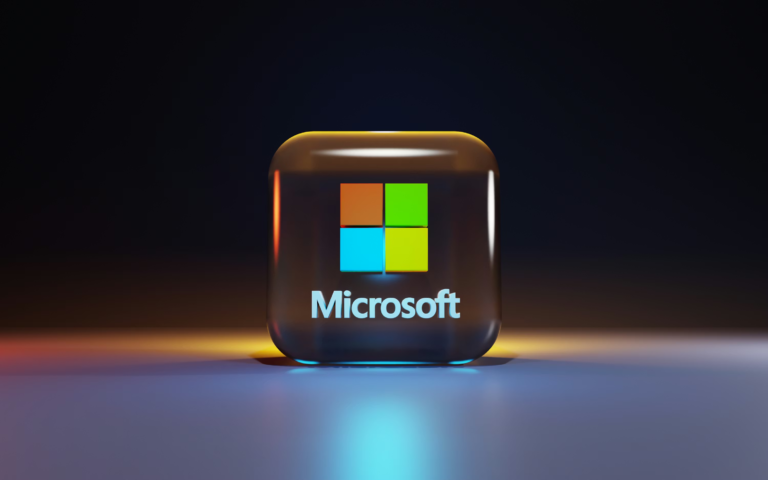
Crowning the UK’s most influential influencer is a complex task. Influence can be measured in various ways, from follower count to brand deals secured or cultural impact. Here’s a breakdown of some of the most prominent contenders, each dominating a specific niche or wielding influence in a unique way:
- Celebrity Influencers: Traditional celebrities like musicians, actors, and even royalty can leverage their existing fame to become social media powerhouses. One Direction, Adele, Dua Lipa, and the Duke and Duchess of Sussex all boast massive followings and significant influence, particularly amongst younger demographics.
- Social Media Stars: These individuals rose to fame primarily through their online presence. YouTubers like KSI and Joe Sugg have parlayed their online success into lucrative careers, often branching out into music or brand endorsements. Beauty gurus like Molly-Mae Hague have become household names, wielding immense influence in the fashion and cosmetics industries.
- Reality TV Personalities: Stars from shows like Love Island often translate their short-lived television fame into lucrative social media careers. These influencers, like Molly-Mae Hague (who also falls under the Social Media Star category), can leverage their established fanbase to promote brands and products.
- Traditional Media Personalities: TV presenters, radio personalities, and even journalists can leverage their existing audience to build a strong social media following. Rob Beckett and Joe Wicks (The Body Coach) are prime examples, using their social media platforms to connect with fans beyond their traditional mediums.
Beyond the Numbers Game: Influence is More Than Followers
While follower count is often used as a metric for influence, it doesn’t paint the whole picture. Here are some other factors to consider:
- Engagement Rate: A high follower count with low engagement (likes, comments, shares) suggests a less engaged audience. Influencers with a smaller, highly engaged following might be more impactful for specific brands.
- Niche Expertise: Micro-influencers with a smaller but dedicated following within a specific niche can be highly valuable for brands targeting that particular audience. A beauty influencer with 50,000 engaged followers might be more influential for a cosmetics brand than a celebrity with millions of followers with broader interests.
- Brand Alignment: An influencer’s brand image and values should align with the brand they’re promoting. An inauthentic collaboration can backfire, damaging both the influencer’s credibility and the brand’s reputation.
The title of “most influential influencer” in the UK is constantly evolving. New stars emerge, trends shift, and audience preferences change. The key takeaway is that influence is multifaceted. It’s not just about follower count; it’s about engagement, niche expertise, brand alignment, and the ability to connect with and inspire an audience.
So, while there’s no single definitive answer, the contenders listed above provide a glimpse into the diverse landscape of influential figures shaping the UK’s social media sphere.








